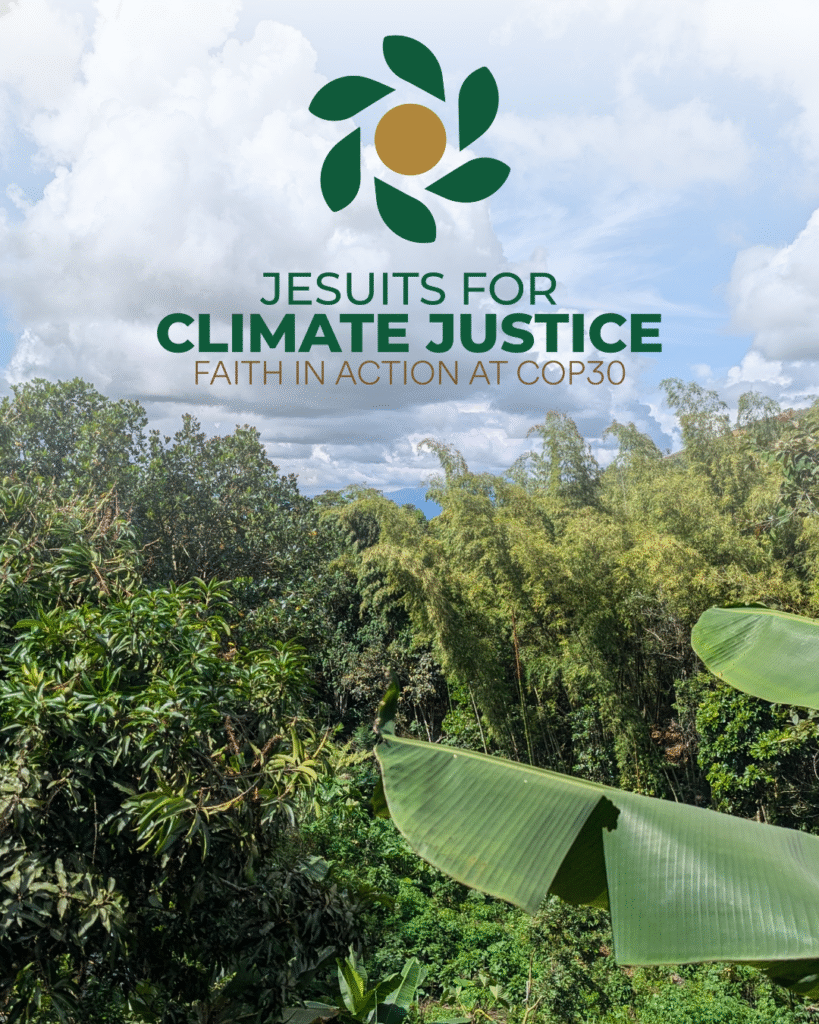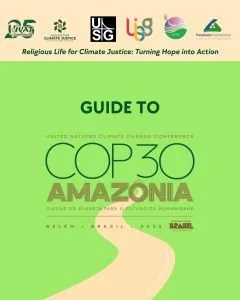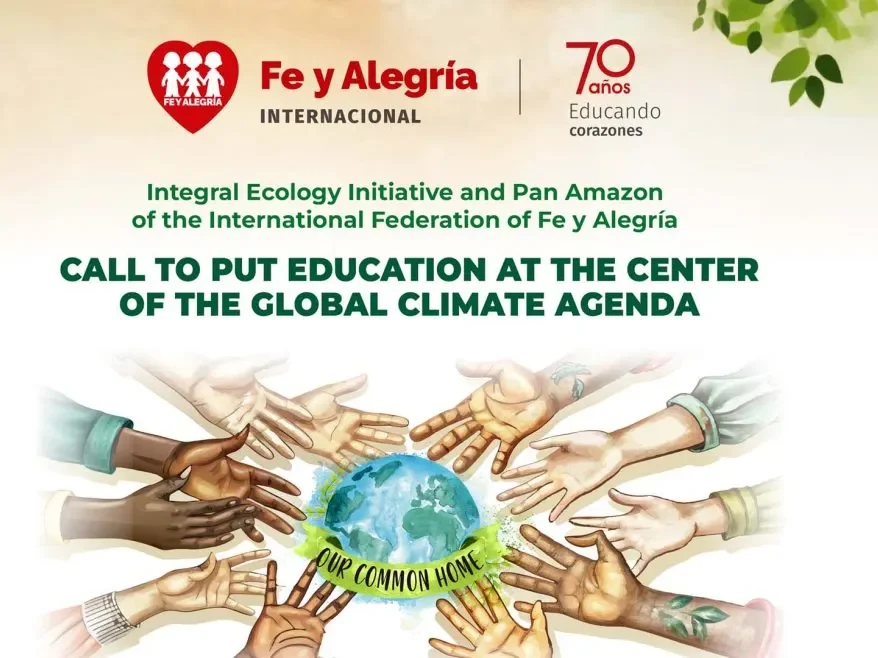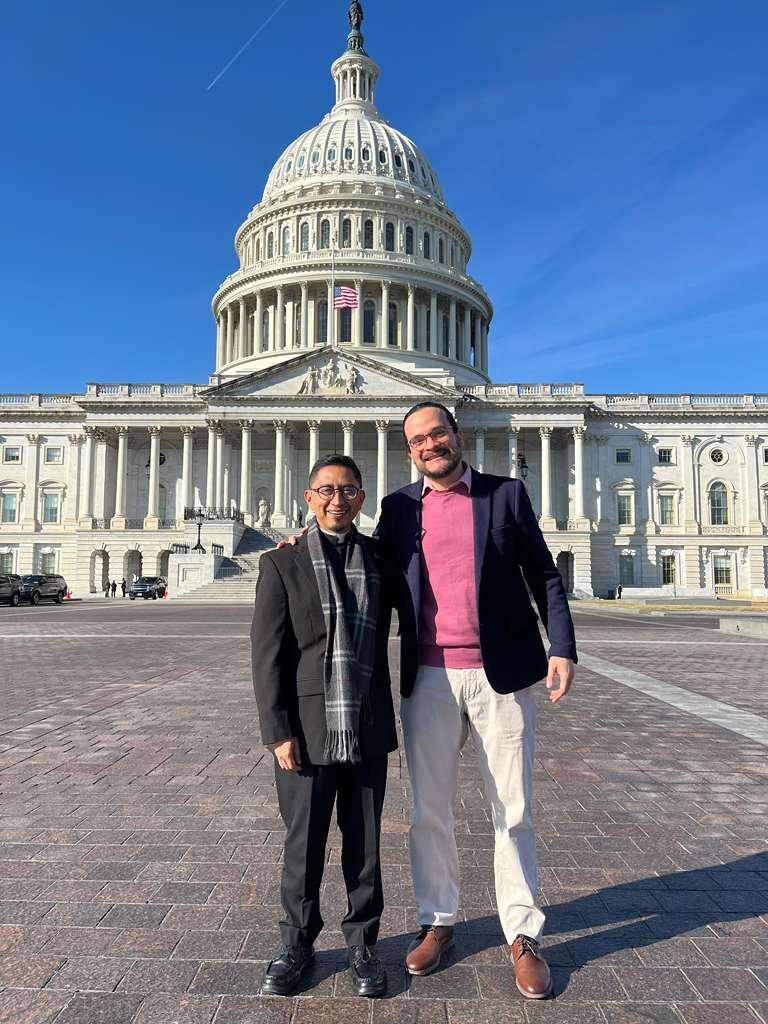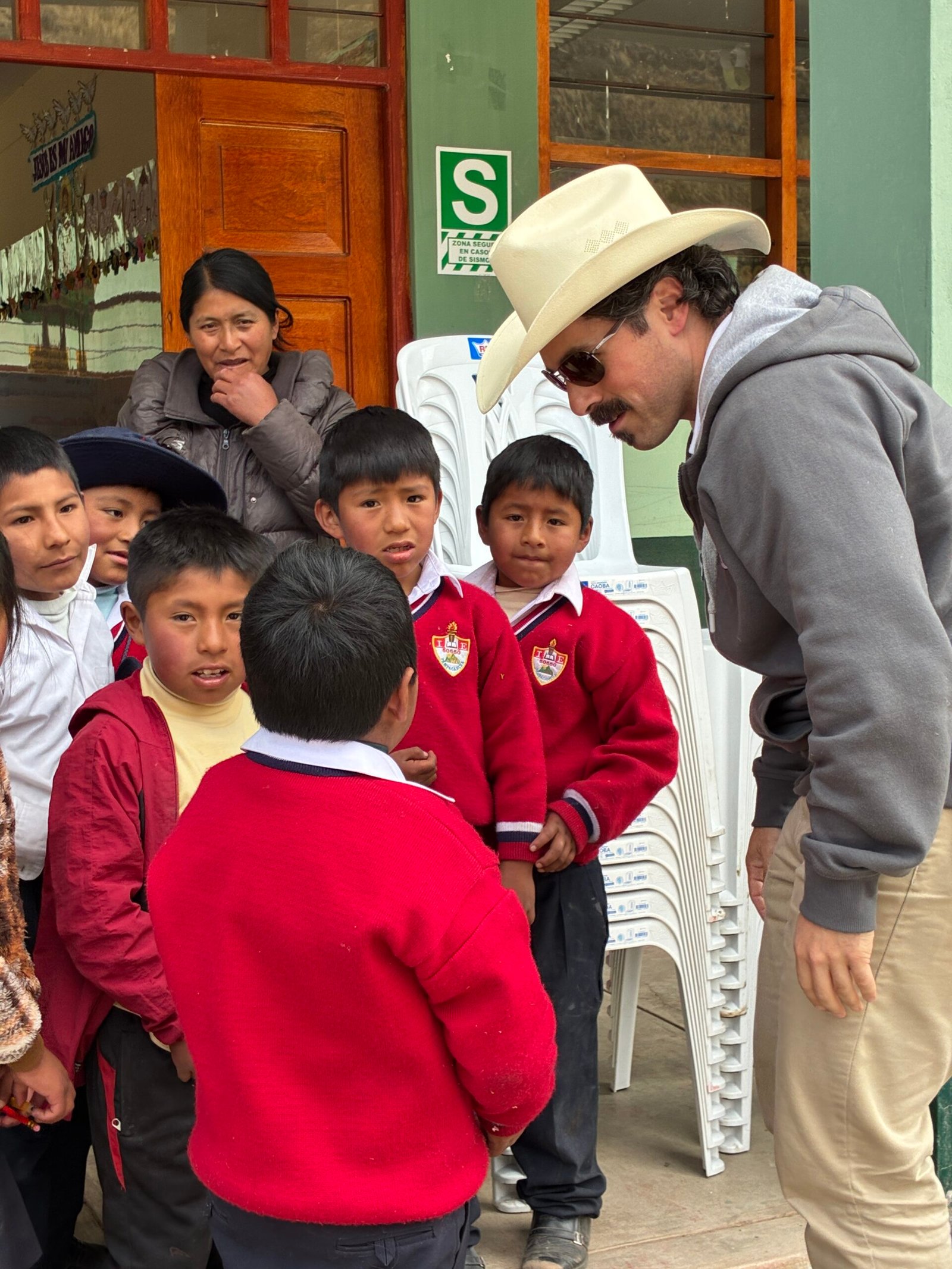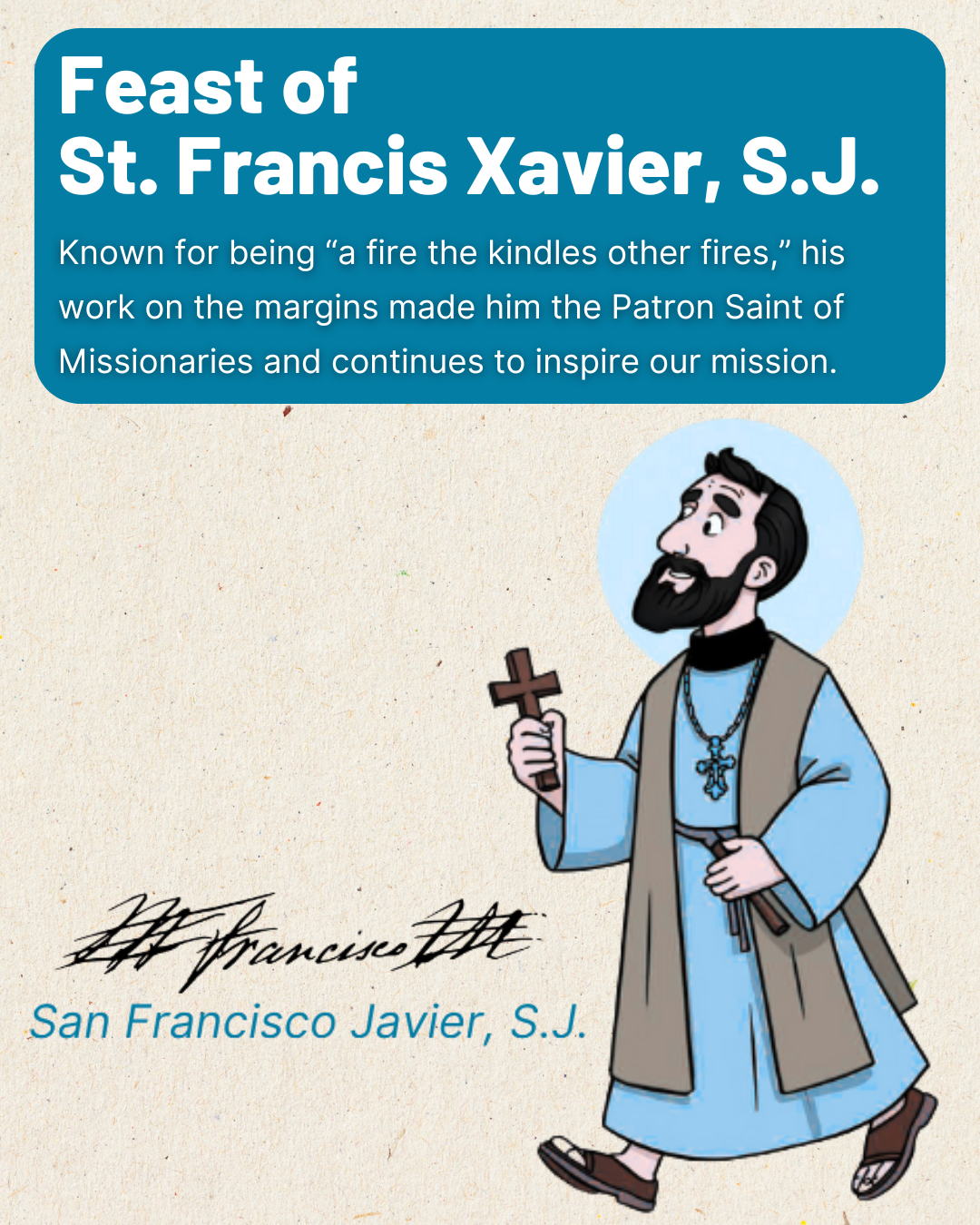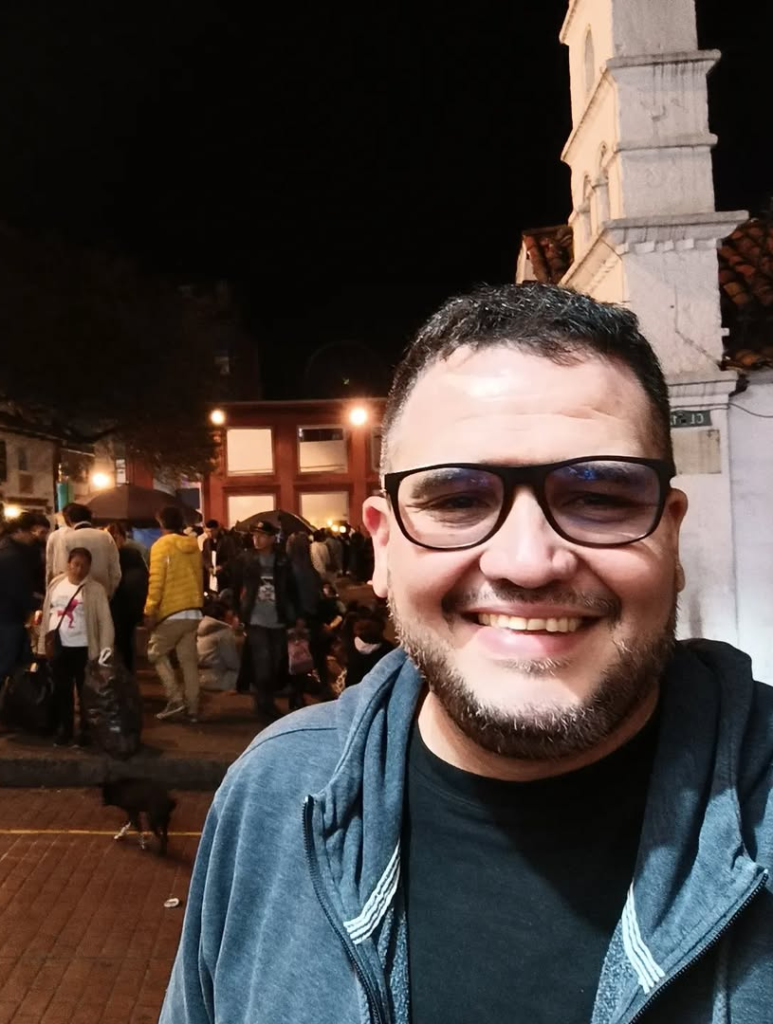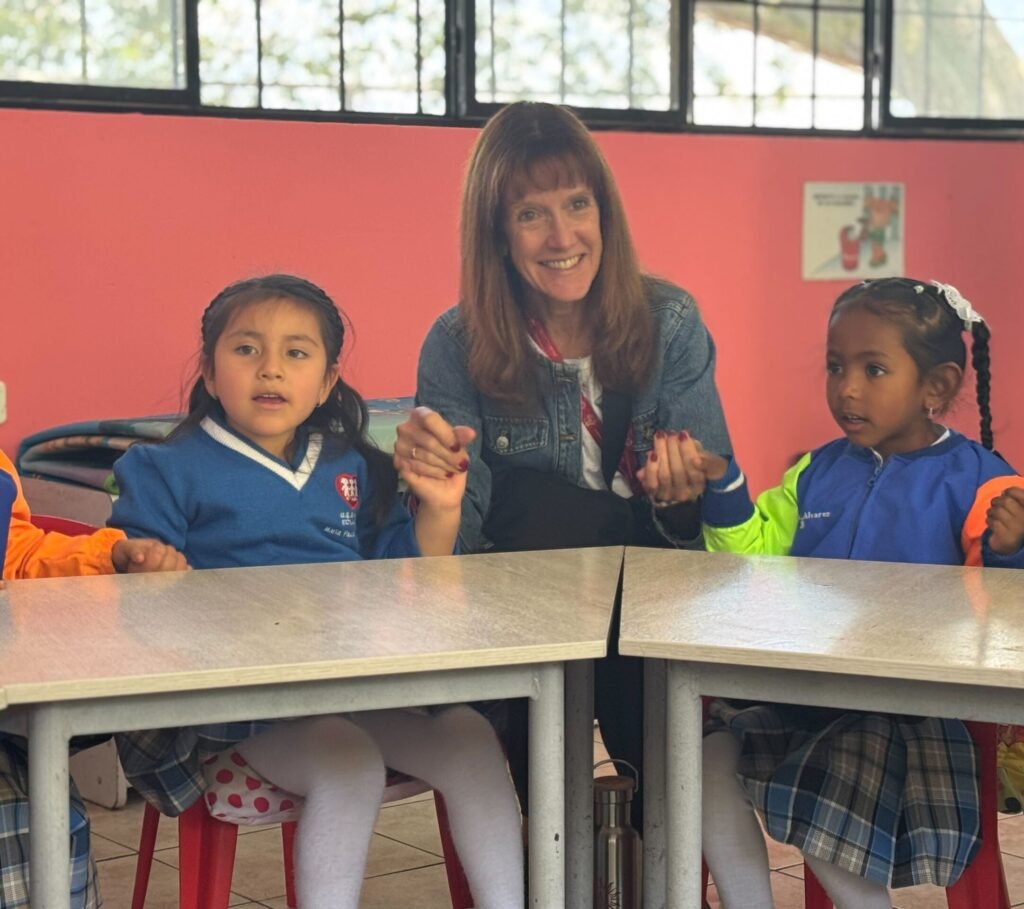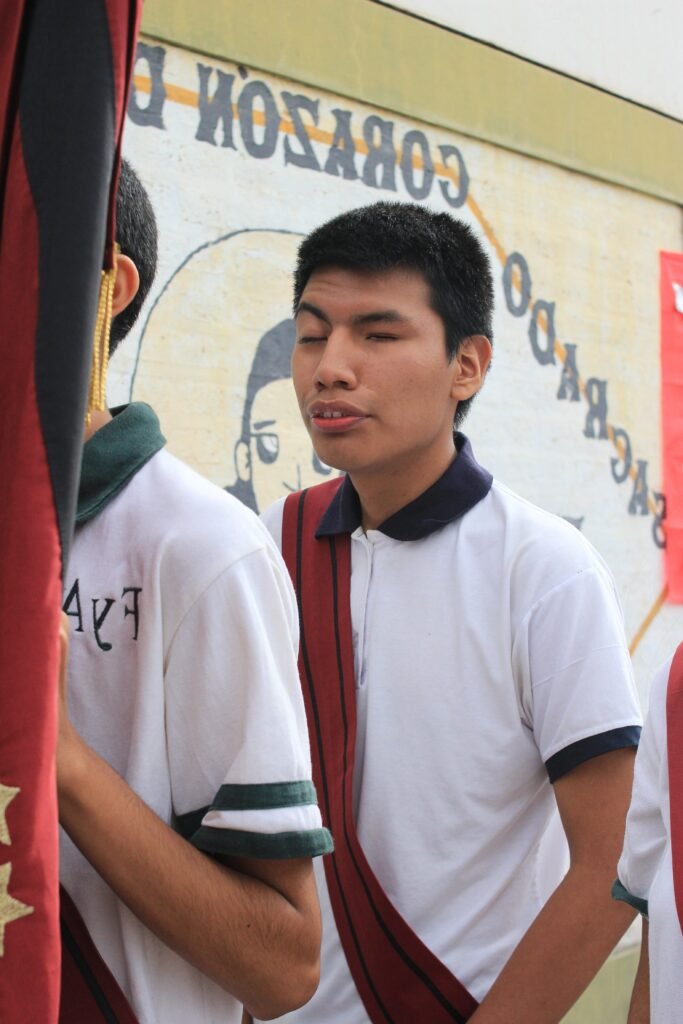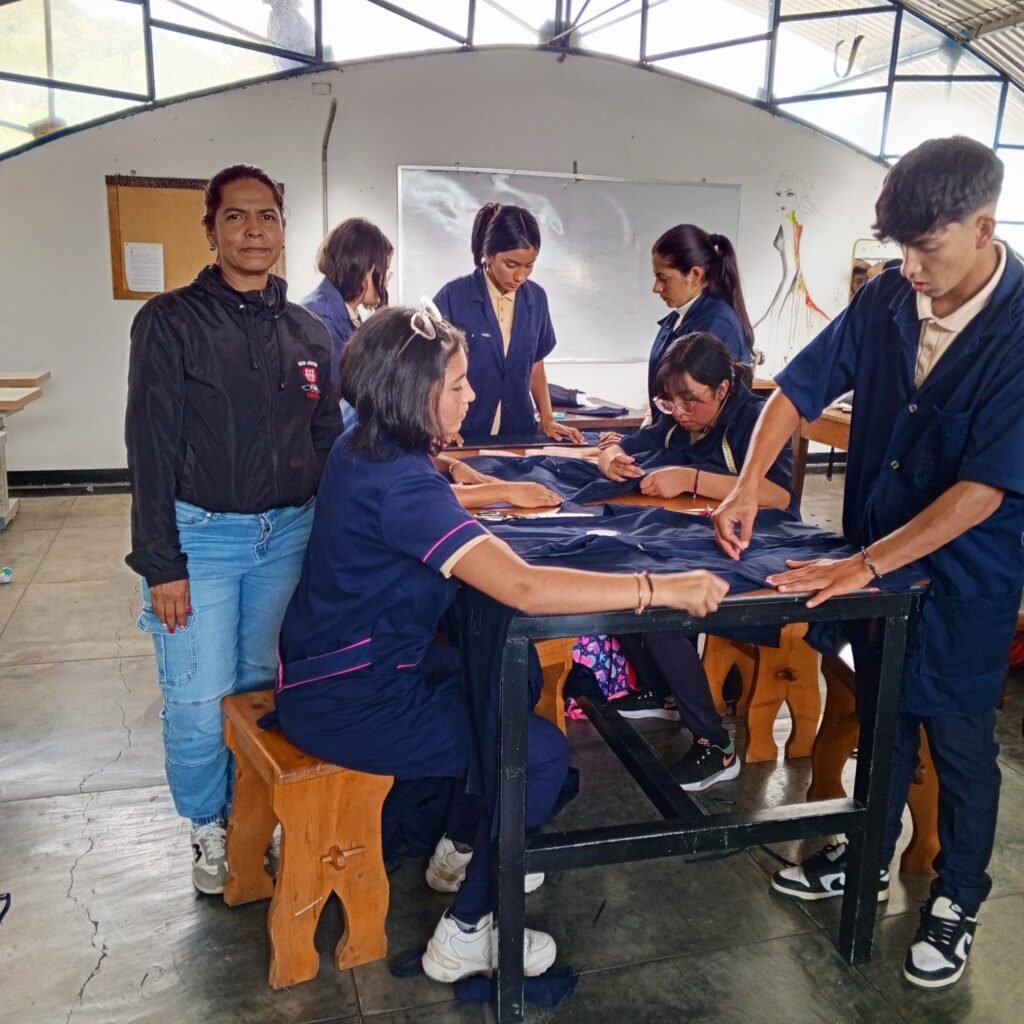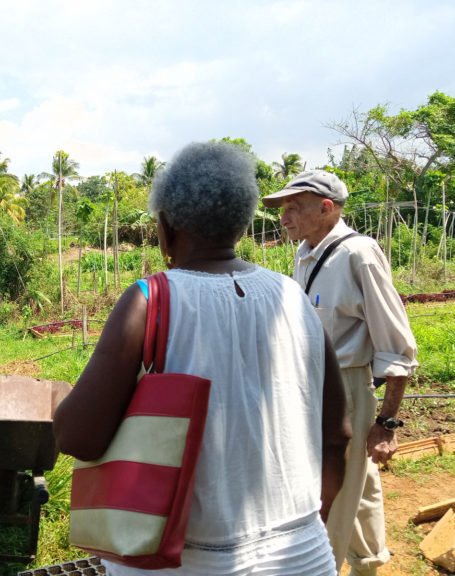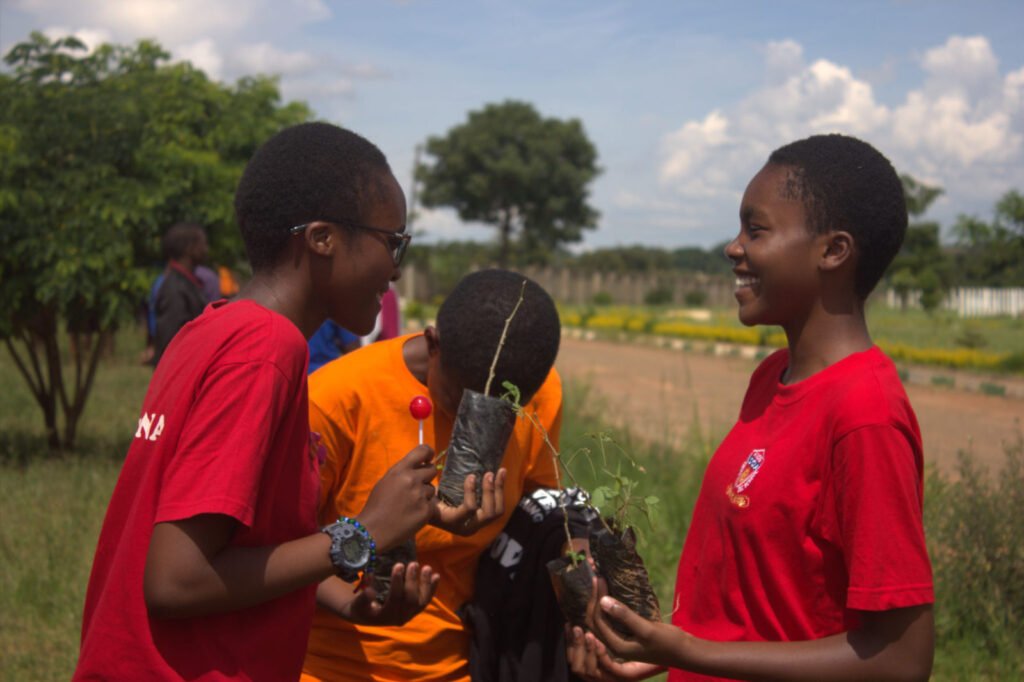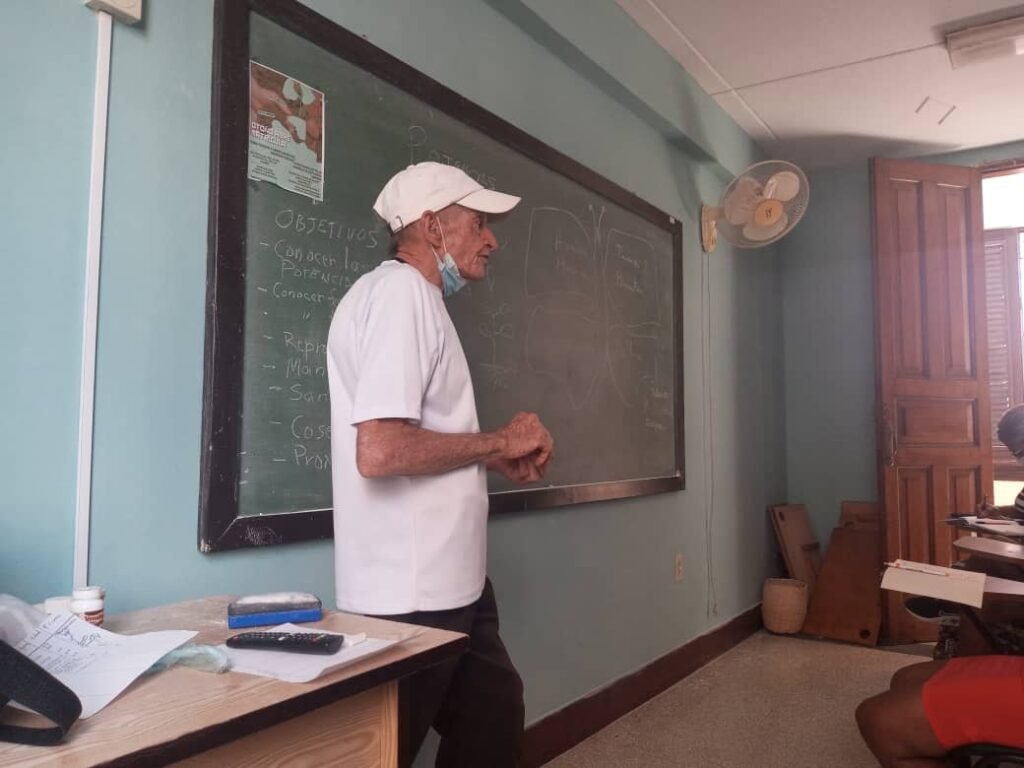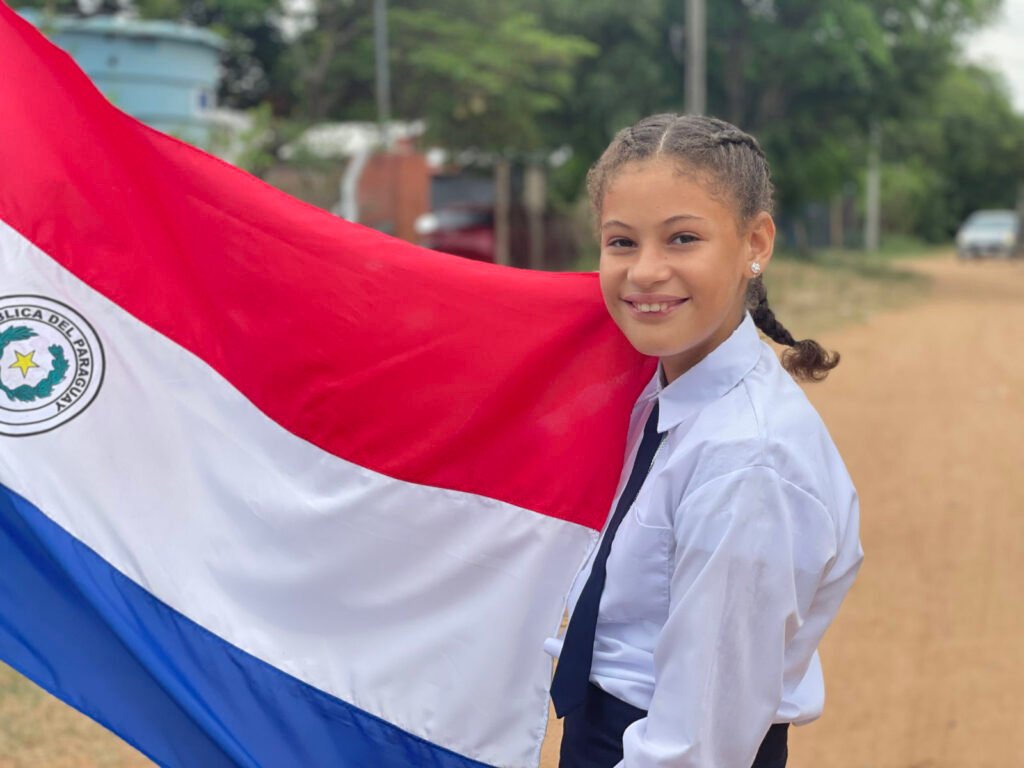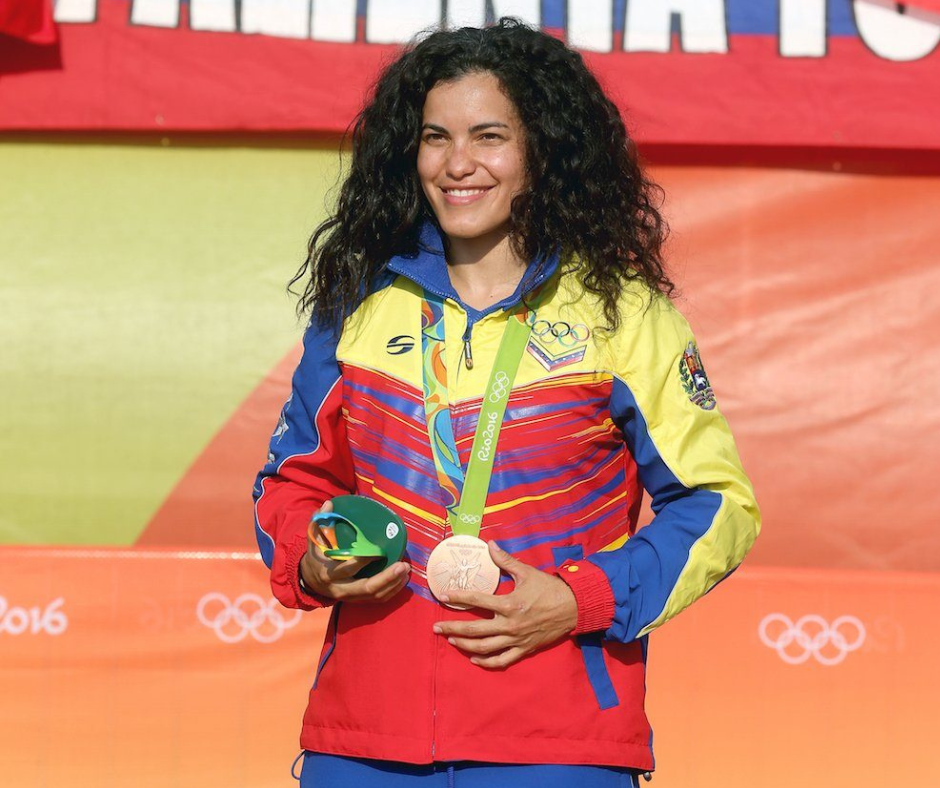In November 2025, more than 60,000 participants will gather in Belém do Pará, Brazil, for COP30, the 30th United Nations Climate Change Conference (UNFCCC). Leaders from nearly 200 countries, along with representatives from civil society, faith communities, and grassroots movements, will meet to take stock of global climate progress and negotiate new commitments for the decade ahead.
For Catholics, COP30 also aligns with the Jubilee Year and the tenth anniversary of Laudato Si’, the late Pope Francis’ encyclical subtitled “On Care for Our Common Home.” In a recent address, Pope Leo XIV commented on how this call to action has become a universal goal that now stretches beyond the Church into secular culture as well. However, the global climate crisis remains as pressing as it has ever been. “The challenges identified in Laudato Si’ are in fact even more relevant today than they were ten years ago,” Pope Leo explained. “These challenges are of a social and political nature, but first and foremost of a spiritual nature: they call for conversion.”
In this context, it is not surprising that Catholics from around the world are deeply involved in the struggle for environmental justice. At the same time, COP30 in Brazil represents an unprecedented global forum to call for meaningful change and promote policies that will care for our common home. As the world turns its focus to this global stage, Pope Leo expressed the hope of the Church clearly, saying, “It is my hope that the upcoming international summits of the United Nations — the 2025 Climate Change Conference (COP30), the 53rd Plenary Session of the Committee on World Food Security, and the 2026 Water Conference — will listen to the cry of the Earth and the cry of the poor, families, Indigenous peoples, involuntary migrants, and believers throughout the world.”
For their part, the Jesuits, the largest male order in the Catholic Church, have outlined four key calls to action and will be present at COP30 to make their voices heard. But they will not be alone. Recognizing that this global meeting point is a vital opportunity to bring the voices of young people, educators, and excluded communities into one of the world’s most important decision-making spaces on climate action, Fe y Alegría is also sending a delegation.
What is COP30?
The “COP” in COP30 stands for Conference of the Parties — the annual meeting of nations that signed the United Nations climate convention in 1992. Since then, governments have used these gatherings to measure progress and set new goals, such as the 2015 Paris Agreement that committed countries to limit global warming to 1.5°C.
This year’s meeting, set for November 10–21, 2025, is particularly significant: countries will evaluate their progress over the past 10 years since the Paris Agreement and must present new Nationally Determined Contributions (NDCs), or updated climate action plans, that will guide the fight against climate change through 2035.
The conference program includes a world leaders’ summit, presentations from expert panels, roundtable discussions, breakout events focused on specific climate issues, and official governmental plenaries and negotiations. At the core of these events will be issues that affect us all — from how we transition to cleaner energy, to how we build more resilient cities, protect biodiversity, and secure financing for nations most vulnerable to climate disruption.
Why Are the Jesuits Going?
The Society of Jesus views the climate crisis not just as an environmental issue, but as a matter of justice and faith. Guided by Laudato Si’, Jesuits have been active participants in the global climate dialogue. As one of the four Universal Apostolic Preferences of the Jesuits, Caring for Our Common Home is a key universal invitation for all Jesuits, their works, and for lay people who collaborate in their mission.
The Jesuits have been working alongside indigenous populations and promoting ecological sustainability long before international governments began to consider global climate issues. In 2010, Ecology and Jesuits in Communication (Ecojesuit) was launched to “foster global communication among Jesuits and partners in mission who are committed to collaborating in the care of our common home, sharing existing engagements in advocacy efforts, creating a learning community, and promoting right relations with creation.” This resource has helped consolidate and focus Jesuit efforts to advocate at a global level, and provide resources for practical local efforts to address environmental issues.
In line with this mission and their commitment to caring for our common home, representatives from Ecojesuit, The Conference of Jesuit Provincials in Latin America and the Caribbean (CPAL), The Social Justice and Ecology Secretariat of the Jesuits (SJES), the Jesuit Pan-Amazonian Service (SJPAM), and Fe y Alegría International will actively participate in diverse events with ecological leaders taking place during COP30 in Brazil. Their goal is to promote a common perspective based on integral ecology and ensure that the voices of youth and marginalized populations have a place at the table.
At COP30, Jesuit delegations and partners have identified four key calls to action.
- Cancel the debts of poor countries, as unjust and unpayable debts should not compromise resources for climate adaptation and mitigation efforts.
- Strengthen the Loss and Damage Fund (FRLD) by allocating sufficient resources to tackle the severe effects of climate change.
- Set clear targets for a fair energy transition that aims to reduce CO2 emissions, considering historical responsibilities, respecting human rights—especially Indigenous rights, valuing and protecting nature, and prioritizing sustainable livelihoods over profit-driven models.
- Set clear goals to develop a global food system based on food sovereignty and agroecological practices; ones that promote culturally adapted methods for production, transformation, distribution, and food consumption.
Through side events, roundtables, and public advocacy, the Jesuit presence will remind negotiators that climate action must center people, dignity, and justice.
Fe y Alegría: Education, Youth, and Climate Justice
Among those carrying this mission forward is Fe y Alegría, the Jesuit-sponsored popular education movement active in 22 countries. Fe y Alegría has announced it will send a delegation to COP30 in Brazil, shaped by their identity as an international popular education movement with young people at its core.
This group of advocates carries with them the voices of more than 150 young people who participated in virtual meetings, reflections heard in two in-person gatherings hosted in Basque Country, Spain, and Cartagena, Colombia, and input from the River Above Asia Oceania Ecclesial Network (RAOEN). These meetings covered topics such as the climate crisis and its impact on society, current environmental challenges, the role of young people in political advocacy and in international spaces such as the COP, and the positions of the Society of Jesus on COP30. At the end of this long process of reflection and dialogue, Fe y Alegría was left with one clear message:
The climate crisis is also an educational, social, and ethical crisis.
In a statement ahead of COP30, Fe y Alegría made their perspective clear: “This global threat not only jeopardizes the planet’s sustainability but also exacerbates existing inequalities and violates fundamental human rights, particularly the right to education of millions of girls, boys, adolescents, young people, and adults in vulnerable situations.”
By highlighting the transformative power of education, Fe y Alegría hopes to influence how policymakers think about long-term climate solutions, and they are committed to ensuring that the voices of young people are included in this conversation.
How You Can Get Involved
COP30 is not only a test of political will; it is a test of our collective values. The decisions made in Belém will shape the next decade of global climate action. Jesuit institutions like Fe y Alegría are showing that education, faith, and youth leadership must be at the heart of that response.
Stand with them by adding your voice. Join American Jesuits International in signing the “Religious Life for Climate Justice: Turning Hope Into Action” statement and sending this call for climate justice to your national representatives. Together, we can ensure that the voices of faith, youth, and education are heard at COP30 in Brazil.
“Together, as communities of faith, we can amplify the call for debt cancellation, strengthen the Loss and Damage Fund, advance a just energy transition, and support sustainable food systems rooted in food sovereignty and agroecology. Your endorsement will bring weight to this moral and ecological imperative, strengthening the voice of religious life in climate justice advocacy for the common good of all creation on the road to Belém.“
Each month we send updates on Jesuit education and development initiatives in Latin America, Africa, and Asia. As the Jesuits and Fe y Alegría prepare for COP30 we will also share resources and content to keep you engaged and informed. Whether you just follow along, join us in prayer, or advocate with us, you are part of a global community of Jesuit Solidarity.
